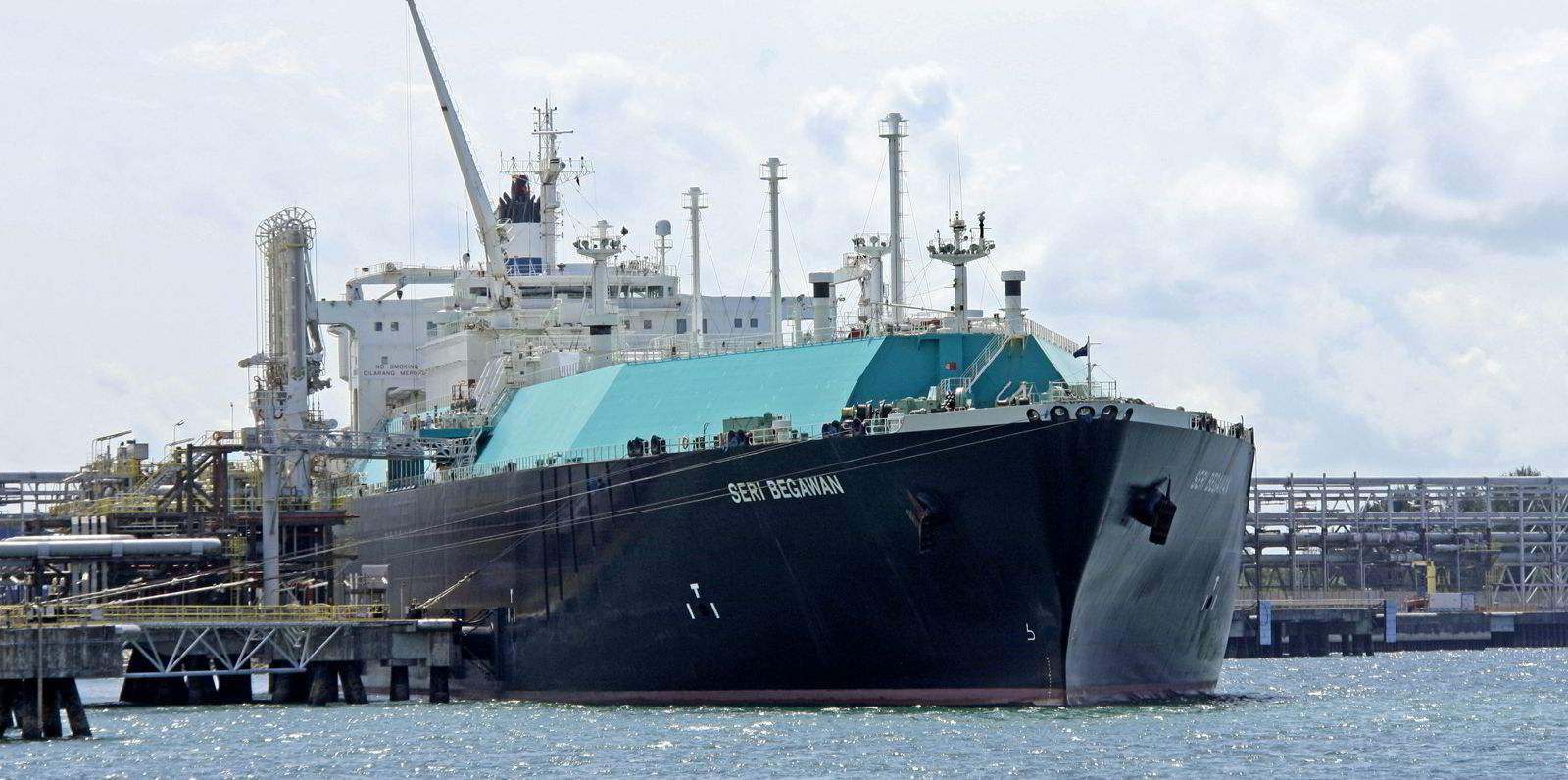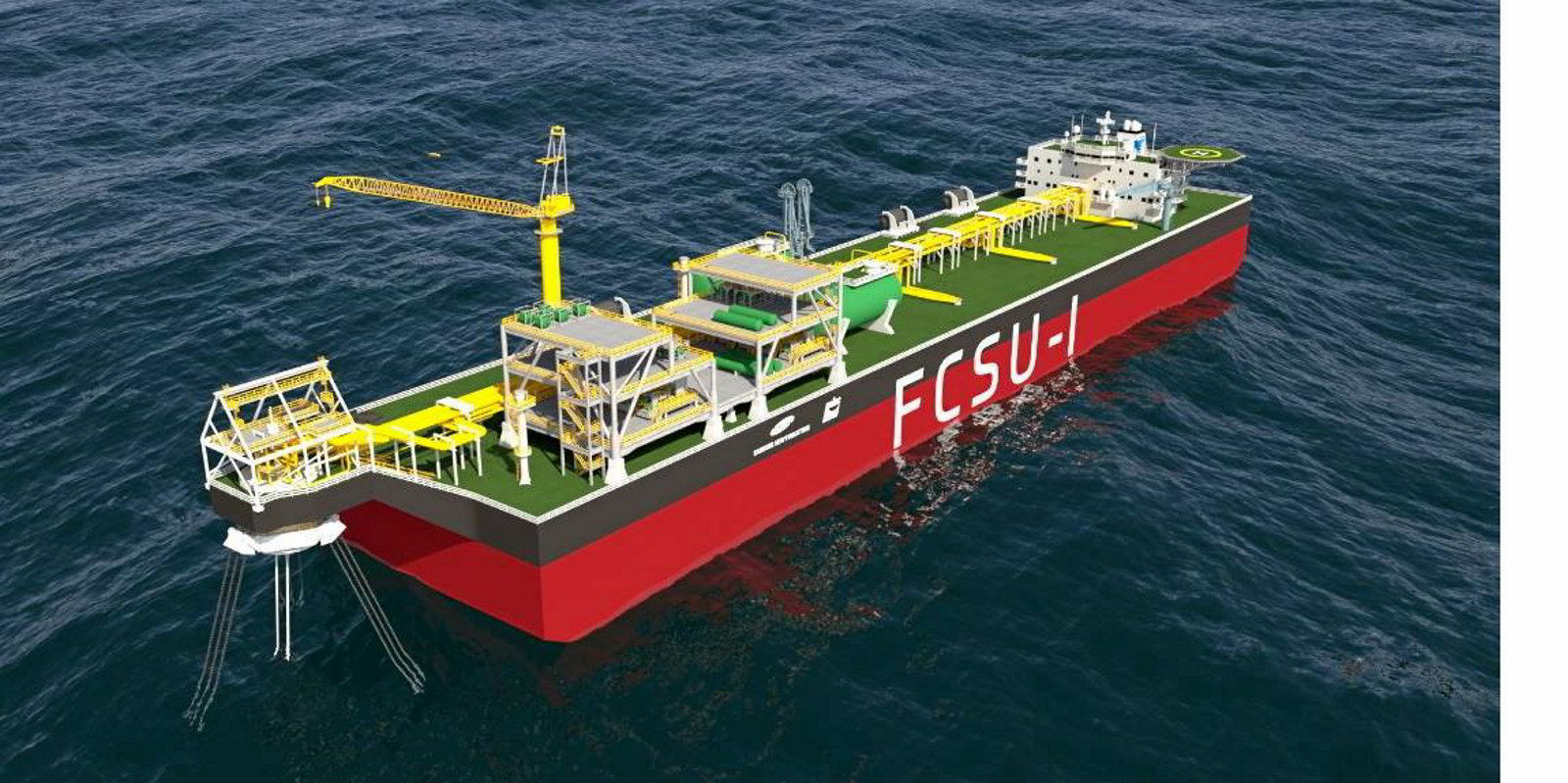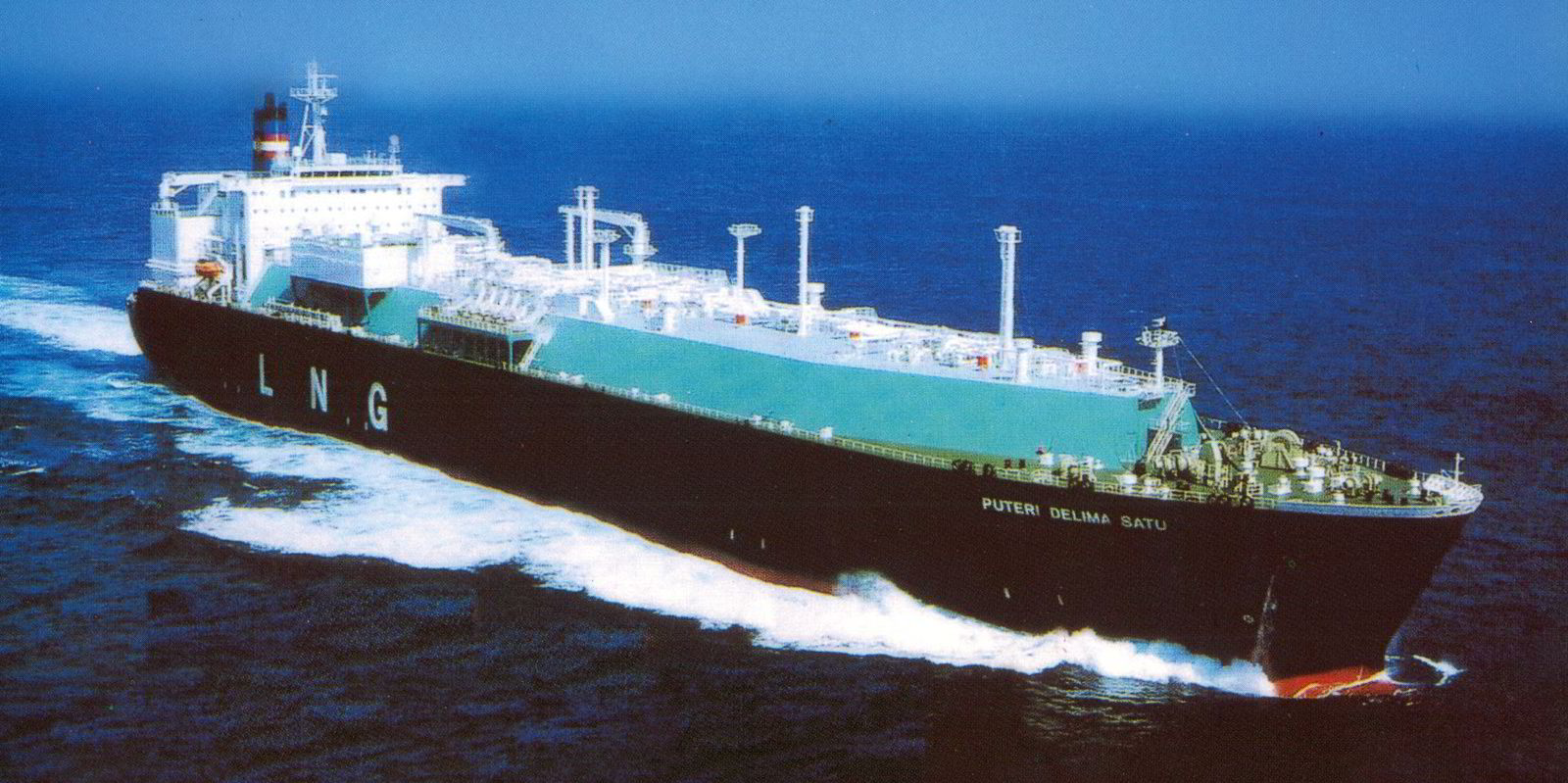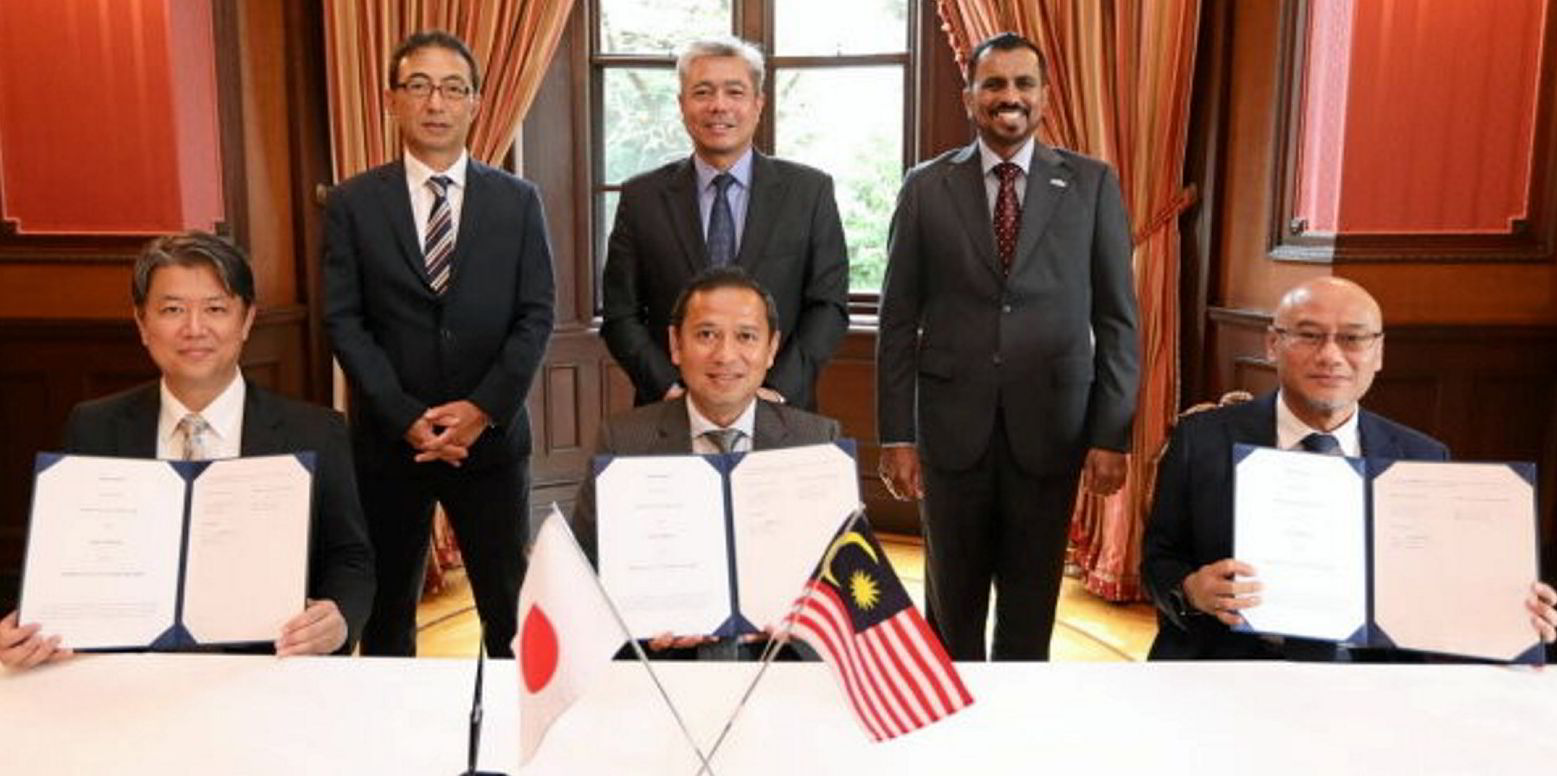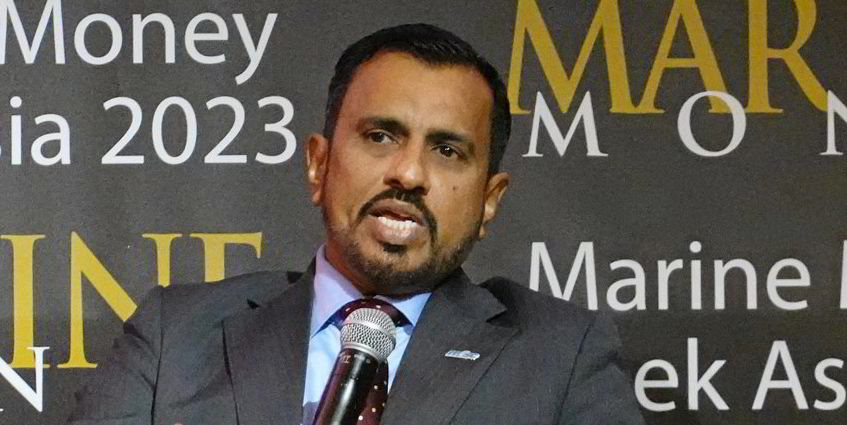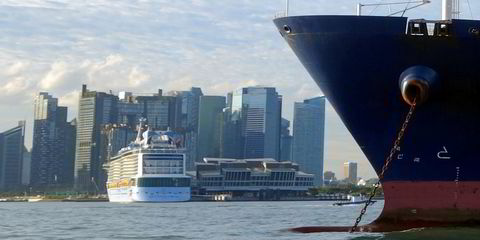Malaysia’s MISC Berhad is growing its gas business and upgrading its tanker fleet with dual-fuel newbuildings.
Announcing its third-quarter results, MISC, in which state energy company Petronas has a 51% stake, said near-term prospects for LNG demand and investment remain “positive”.
It said its gas asset and solutions division will pursue growth opportunities, while its operating income remains stable and underwritten by long-term charters.
On LNG shipping, it said the positive outlook for final investment decisions on liquefaction projects “bodes well for fleet expansion”. However, this will depend on the US economy, terms and conditions of contracts and funding options.
The company expects a tight LNG shipping market through 2024.
In contrast to its petroleum shipping interests, it is expecting subdued fleet growth due to a weak orderbook.
“The overall orderbook for crude tankers continues to decrease as newbuilding tanker orders have been restrained by higher asset prices and uncertainty over sustainable fuels to be used in the future,” it said.
MISC flagged up a “volatile backdrop” for its petroleum & product shipping business.
It said it is continuing to improve the quality of its secured income and balance sheet through its shuttle tanker business and asset rejuvenation with dual-fuel newbuildings.
MISC is expecting “firm demand” for floating production, storage and offloading units over the next 12 months, flagging up 19 projects that are due to be awarded.
It will selectively pursue new opportunities in this market and take measures to minimise cost and schedule pressures.
MISC sees growing business for its marine & heavy engineering business, but the execution of some projects secured a few years ago remains “challenging” due to additional cost and schedule impact.
“Vessel owners are likely to defer dry-docking due to anticipated rising energy shipment demand in the Far East and Europe this upcoming winter, creating stiffer competition amongst shipyards,” it said.
This business sector plans to venture into decarbonisation and renewable energy.
MISC’s third-quarter profit after tax more than halved, down to MYR 398.7m ($85.2m) from MYR 822.4m in the same three months of 2022.
Revenue fell nearly 7% to MYR 3.4bn from MYR 3.6bn a year earlier, largely due to a hit from its offshore business.
But for the first nine months of the year, profit after tax rose to MYR 1.3bn from MYR 1.2bn in the same period of 2022.
Revenue grew by just over 3% to MYR 10bn, up from MYR 9.7bn.
The higher returns were due to new and ongoing projects in its marine & heavy engineering business and improved tanker freight rates, offset by lower revenue from the conversion of an FPSO.
Including under-construction newbuildings, MISC controls a fleet of 96 vessels, four of which are chartered in: 40 gas carriers, 55 petroleum tankers and one chemical carrier.
It also owns 12 offshore vessels.
